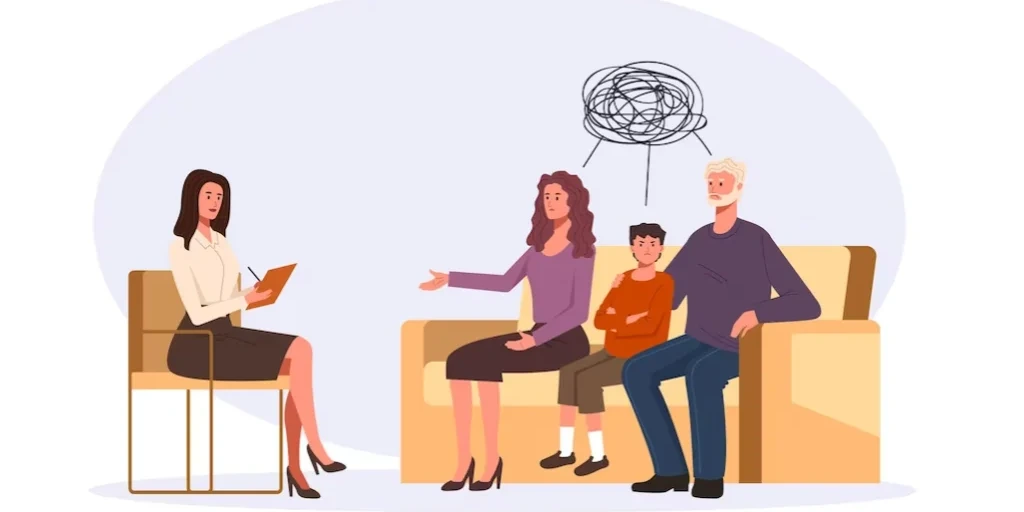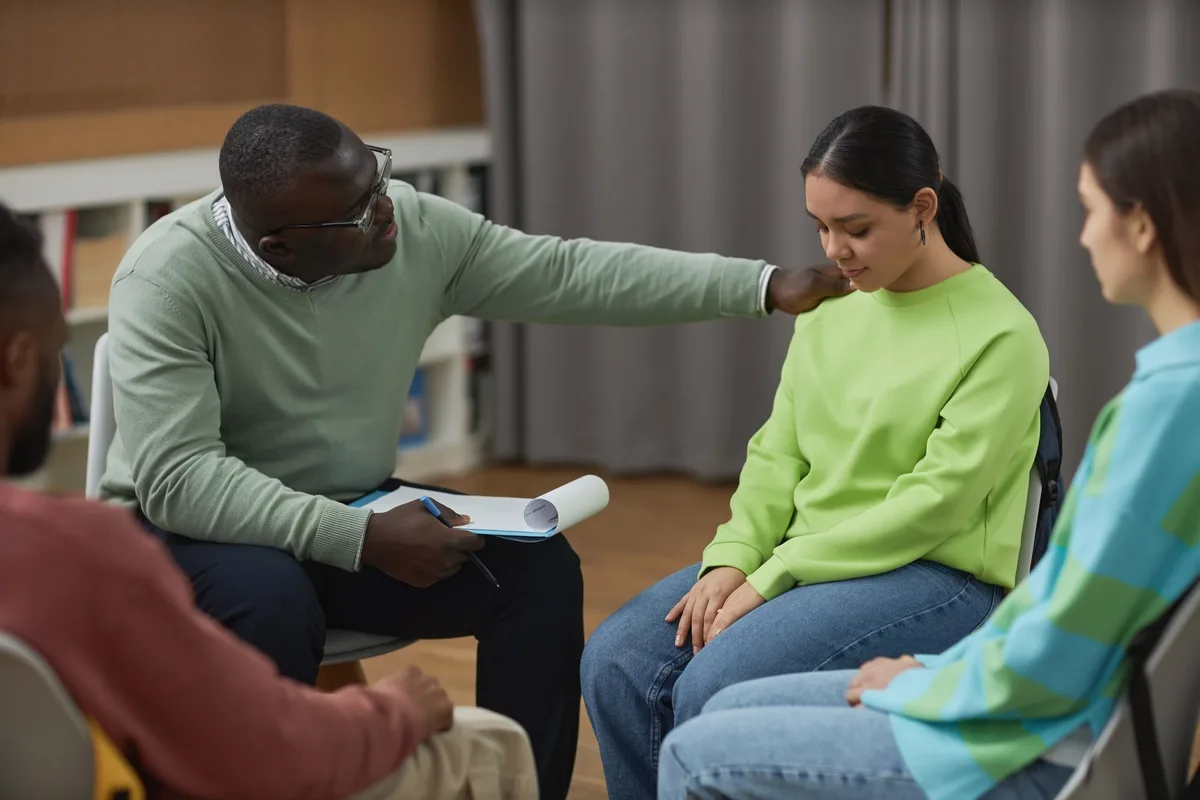centers in Odessa, Texas are vital in addressing the pressing issues of drug and alcohol addiction that have affected the region. Situated in the West Texas region, Odessa is known for its role in the oil industry and serves as a hub for commerce, attracting both residents and workers from various backgrounds. With a population exceeding 100,000, the city faces challenges related to substance abuse, mirroring national trends. Drug addiction in Odessa, Texas has escalated, with opioids, methamphetamine, and alcohol being prevalent substances of abuse that impact community health and safety. The need for effective alcohol addiction treatment is burgeoning as families are torn apart and communities destabilized by addiction. The presence of dedicated Odessa, Texas rehab centers is crucial to combatting these pressing issues. These facilities offer structured programs designed to support individuals in overcoming addiction, integrating therapy, counseling, and medical intervention tailored to meet diverse needs. The historical significance of Odessa, Texas dates back to the early 20th century, shaped by the discovery of oil in the area. This initial economic boom brought in numerous workers, some of whom ultimately succumbed to the challenges of substance misuse as the pressures of work and life mounted. As we look towards the future, the role of rehab centers in Odessa has never been more important. They serve not just as places of recovery, but as vital resources that promote health, rehabilitation, and reintegration into society. In conclusion, addressing drug and alcohol addiction in Odessa, Texas through effective treatment and supportive rehab facilities is essential for fostering a healthier community and ensuring that individuals have the opportunity to rebuild their lives.
Learn more about rehab centers in

















































































